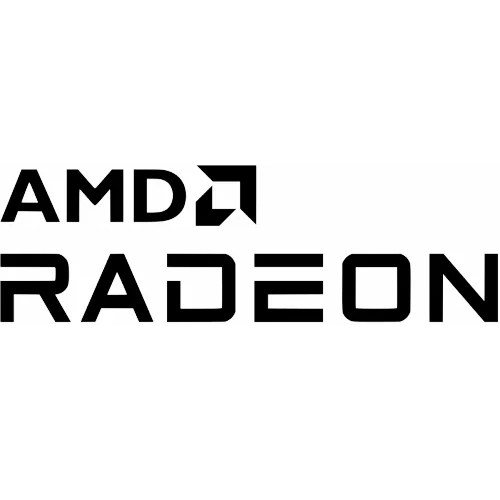AMD Working On Making It Easier To Build & Install Radeon Open eCosystem (ROCm)

AMD/GPUOpen provides ROCm repositories for RHEL/CentOS 7 and Ubuntu LTS users in order to have easy access to release binaries for this Linux GPU computing stack. But those wanting to build from source on your own or utilizing a different Linux distribution, currently its quite a chore building ROCm. There are more than a dozen different code repositories for building the complete ROCm stack from the kernel module to various user-space libraries and different components. It's not a straight-forward process and the documentation has been a bit lacking.
AMD acknowledges shortcomings in the current public documentation/scripts, but fortunately they are working on addressing it. Now available is what they call Experimental ROC. "Experimental ROC is a project designed to showcase interesting software and tools for the Radeon Open eCosystem Platform that are not yet officially supported by AMD. ROCm is an extensible, open source software platform to enable GPU computation for modern AMD GPUs on Linux."
The inaugural project living under the Experimental ROC umbrella are installation and build tools for Linux. These scripts automate the process of building, packaging, and installing ROCm atop different Linux distributions. These scripts can also generate your own Debian/RPM packages. These scripts have been tested with ROCm 2.0 on CentOS, Fedora, RHEL, and Ubuntu across various OS releases.
Hopefully this is just the beginning for improving the build process around Radeon Open eCosystem as right now it's quite a chore unless using the stock Ubuntu/RHEL binaries. Even while ROCm is open-source, there isn't much in the way yet of offering it through most Linux distribution package repositories for easy deployment by users, but these scripts are hopefully a step in improving this process for making Radeon GPU compute capabilities more widespread.
Add A Comment

